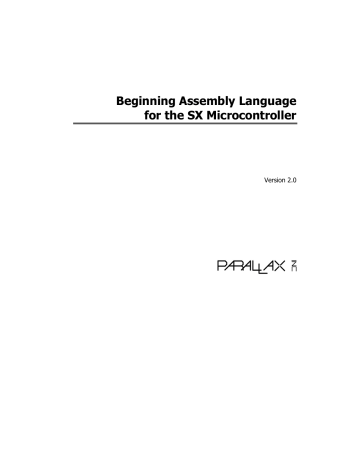
Paul Sephton: Do you think that if you’d ended up at a different institution like the UK for instance, somewhere studying, or even elsewhere in the US, that you would have been on the same trajectory in terms of where you ended up?Īurangzeb Khan: It’s kind of hard to know, because it’s the path not taken. It’s a unique place in the world and a phenomenal place if you like technology and advanced engineering. And it just inspired me to live and work in Silicon Valley, and I’ve really enjoyed it very much. And they were just an hour’s drive away from where I was at Berkeley, so I had a chance to engage with them very early. And so I was quite familiar with the companies like Fairchild and Intel and others that had pioneered that space. And I had studied a bit about semiconductors growing up and in Lahore in Pakistan. And Silicon Valley was just starting out at the time. I did a double major with nuclear engineering, so people who were pioneering in the field. It was quite challenging academically, also intellectually very different, very diverse, very welcoming of all kinds of views, and I had a chance to learn from the best folks in semiconductor design and physics.

I came to Berkeley, really loved the place. So I came to the US quite a long time ago. I loved physics and I loved engineering, and I mainly applied to the US universities and really like Berkeley’s has a phenomenal pedigree in physics. We had previously studied primarily in the UK. So I had a lot of good choices for studies abroad. It’s a very well regarded school and the area in general is quite academic. The city has produced five Nobel laureates. So can you tell me a little bit about that transition and what perhaps you think you learned from the diversity of your background and educational experiences?Īurangzeb Khan: I grew up in, was fortunate to go to some very good schools in, Pakistan. So I think for me the interesting thing is you have a wealth of educational experience, partly split across Lahore in Pakistan and then also bridging to when you moved to the US and ended up doing degrees at Berkeley and Stanford. In a place like Silicon Valley with a range of different startups that you have either built, developed, led or seen successfully to a point of acquisition or exit.


Paul Sephton: Aurangzeb great to see you again today, and particularly excited for this conversation because I think we’ll get to uncover a lot of your past and your experience, which is vast. Aurangzeb Khan, SVP Intelligent Vision Systems, Jabra


 0 kommentar(er)
0 kommentar(er)
